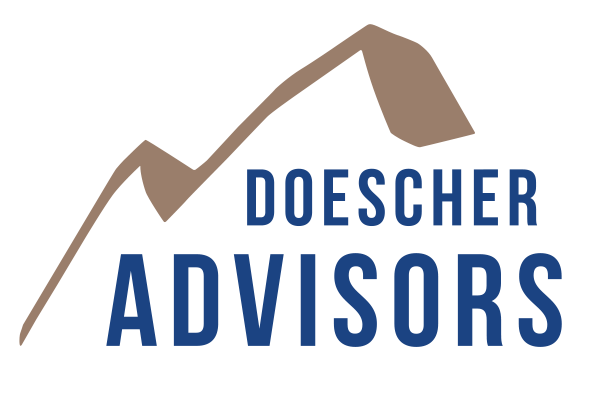Our Blog
It’s All About Jobs, Part 2

In my last blog, I discussed the commitment Barbara and I have to helping business owners create good jobs. I mentioned Defending The Free Market: The Moral Case for a Free Economy, written by Rev. Robert Sirico, a Catholic priest and co-founder and president of The Acton Institute. Fr. Robert comments on many topics, but here are some takeaways specifically related to jobs:
- The expression “to make money” is a very good description of the process in a free market. It all begins because people are making things or creating things (it may be a product or a service). Before the taking comes the making.
- An increasing number of experts from the developing world have come to recognize the pitfalls of government-to-government aid. (Editorial comment: Barbara and I have observed this firsthand in many countries.)
- The countries that have found ways of unleashing creativity through economic freedom have lifted millions out of poverty.
- Capitalism is fueled by human creativity in a system that rewards people for serving the wants and needs of others.
- In summary, the identification of greed with business profits and generosity with not-for-profits is too simplistic. As tempting as it may be, we cannot demonize profit and canonize poverty. (Editorial comment: Fr. Robert does a wonderful job of making this point. I can add that, for years, I’ve observed business owners do many wonderful acts of kindness for their associates and for the poor in their communities. I will continue this series and share some of my favorites.)
- The entrepreneur in a free market, far more than the government bureaucrat or central planner under socialism, must submit himself to the wants and needs of the consumer if he is to profit.
- What tends to make people happier is earned success — in other words, the feeling of accomplishment that comes with a job well done, a job that others find valuable.
Fr. Robert provided many references to credible research studies and wonderfully explained many different dynamics of a “free market” approach versus the alternative.
For those interested in learning more about this subject, I would recommend reading Fr. Robert’s book as well as a number of the books he references, such as The Road to Serfdom by Friedrich A. Hayek.
